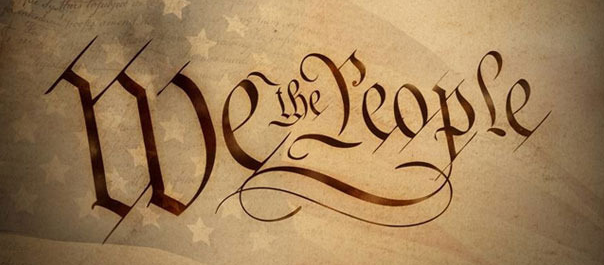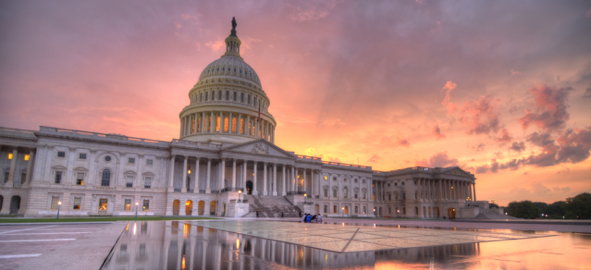
People and politicians (who are the elected subset of “the people”) are full of contradictory feelings and ideas. The tendency to overgeneralize and universalize is rampant. Who speaks for “the people?” Why are we so quick to opine on what African Americans, Hispanics, White Blue Collar folks, Evangelicals, Women and even LGBTQ folks think on any and every subject? If we are going to engender consensus on vital issues and chart a prosperous future for America and the world, we must end such facile thinking and begin to regard people with more respect and expect more of the political leaders elected and supported by the people.
Each person capable of moral action and self-reflection is unique. This does not mean they are disconnected and do not share beliefs and qualities of particular groups. America’s founders understood the tensions between individual liberty and the common good, between public service and political factions. Some of the founders and framers hoped there would never be political parties, just gentleman (few could foresee the female franchise) farmers and citizens serving for a season and returning to work after their public service was complete.
This idyllic vision quickly gave way to parties and philosophies competing for voters’ attention. By itself, two or more parties are not bad for the public, provided all parties and people share enough common virtues for social cohesion.
For 2016 and beyond, catering to constituencies must take second place to framing a vision and set of values that people of many backgrounds can embrace. This is much more than a “big tent” ethos or chanting, “we have something for everyone.” Such pandering has led to the severe challenges we face today.
Progress begins with personal character being more important than perceived competencies or charisma. Back in the 1820s, a member of Congress wrote a letter back to a disgruntled constituent: “You elected me for my moral character and sound judgment, not to procure public resources.” Imagine politicians saying to the voters, “You cannot have everything you want from the hands of government.” If this kind of integrity is united with a spiritual awakening, there is hope for America and the world.


